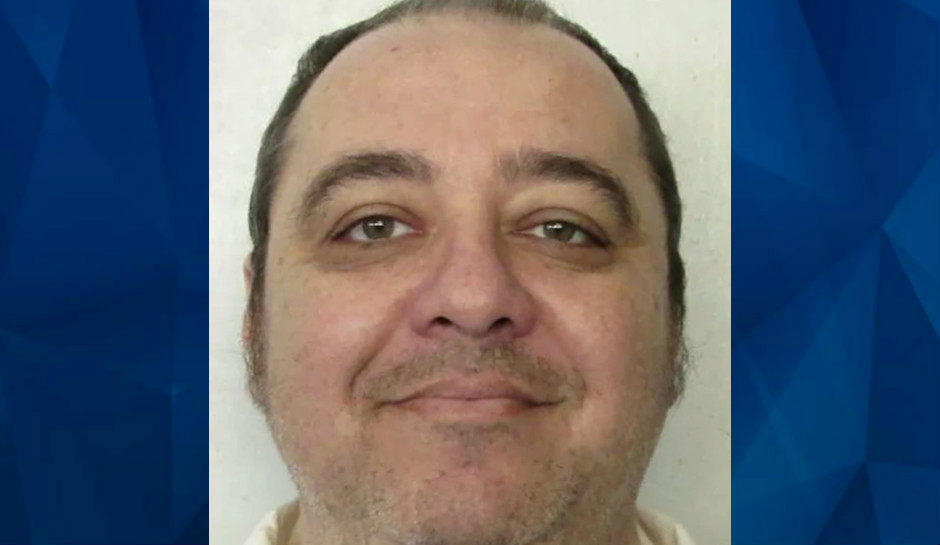Alabama’s Supreme Court has rejected an appeal by a death row inmate seeking to stop the state’s first-in-the-nation nitrogen hypoxia execution.
The state tried but failed to execute Kenneth Eugene Smith in November by lethal injection, then announced it was ready to try the experimental execution in which the condemned man will breathe pure nitrogen through a mask, AL.com reported.
A federal judge OKd the state to use the procedure earlier this week, and Smith’s attorneys promptly appealed, arguing that the state’s second attempt to execute Smith constituted cruel and unusual punishment.
The high court, however, rejected that idea on Friday, after previous rejections by a circuit court and the Alabama Court of Criminal Appeals. Eight of the nine justices on the court agreed with the ruling; the ninth recused herself.
US District Court Judge Austin Huffaker Jr. denied Smith’s request for an injunction to halt the execution on Wednesday.
Smith was convicted in the murder for hire of Elizabeth Dorlene Sennett in her Colbert County home in 1988. Smith was hired by the victim’s pastor husband and has been on death row since 1996, when a jury voted 11-1 to sentence him to life in prison but a judge overrode their decision, according to British tabloid The Daily Mail.
Sennett’s husband, Westside Church of Christ pastor Charles Sennett Jr, paid Smith $1,000 to kill his wife so he could collect the life insurance to pay his debts. According to court documents, he killed himself a week after his wife’s death when investigators zeroed in on him as a suspect.
Two other states have been approved to use the execution method — Mississippi and Oklahoma — but neither has used it yet, the Associated Press said.
Smith is set to be killed between 2 a.m. on January 25 and 6 a.m. on January 26, according to AL.com.
For the latest true crime and justice news, subscribe to the ‘Crime Stories with Nancy Grace’ podcast.
[Featured image: Kenneth Eugene Smith/Alabama Department of Corrections via AP]



